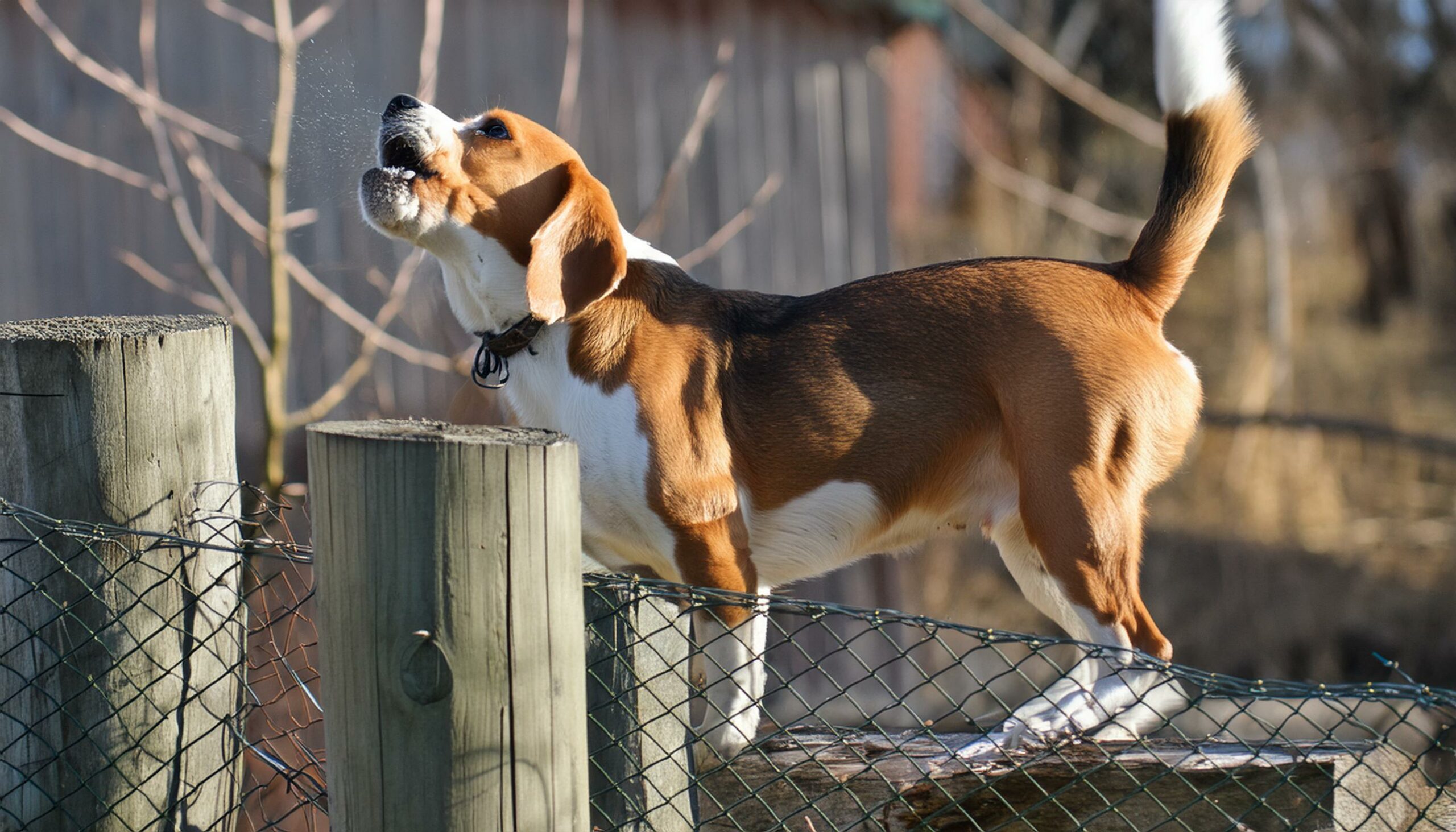Beagles, beloved for their adorable appearance and friendly demeanor, often raise a common question among prospective pet owners: “Does a Beagle bark a lot?” This inquiry stems from the reputation Beagles have acquired for their vocal tendencies. In this comprehensive guide, we will delve into the intricacies of Beagle barking behavior, exploring the reasons behind their vocalization and providing practical tips for managing it effectively.
Introduction
Beagles, originating from England, were initially bred for hunting purposes, leveraging their exceptional sense of smell and vocal abilities to track prey. Over time, they transitioned into cherished family pets known for their affectionate nature and playful demeanor. However, their innate instinct to bark persists, prompting inquiries about the frequency and intensity of Beagle barking.
Understanding Beagle Behavior
To comprehend Beagle barking patterns, it’s essential to understand the breed’s characteristics. Beagles are inherently vocal dogs, a trait deeply rooted in their history as hunting companions. Barking served as a means of communication during hunts, alerting hunters to the presence of scent trails. Consequently, barking is a fundamental aspect of their genetic makeup.
Factors Influencing Beagle Barking

Several factors influence the frequency and intensity of Beagle barking. Genetics play a significant role, as Beagles are predisposed to vocalize due to their breed heritage. Additionally, environmental factors and socialization experiences contribute to their barking behavior. Proper training and consistent discipline are crucial in shaping desirable behavioral traits and mitigating excessive barking tendencies.
Common Triggers for Beagle Barking
Beagle barking often stems from various stimuli, including the desire for attention, feelings of boredom or loneliness, anxiety, and territorial instincts. Understanding the underlying motivations behind their barking enables pet owners to address the root cause effectively.
Managing Beagle Barking
Implementing strategies to manage Beagle barking is essential for fostering a harmonious household environment. Establishing a structured routine, providing ample mental and physical stimulation, and employing positive reinforcement techniques are instrumental in curbing excessive barking tendencies.
Consistent training sessions focusing on commands such as “quiet” or “enough” can help Beagles understand appropriate barking behavior. Additionally, ensuring they receive sufficient exercise and mental stimulation can alleviate boredom and reduce the need for excessive vocalization.
Case Studies
Consider the case of Max, a spirited Beagle who struggled with excessive barking when left alone. Through consistent training and the introduction of interactive toys and puzzles, Max’s barking gradually diminished. By addressing the underlying cause of his vocalization and providing appropriate outlets for mental stimulation, Max’s quality of life improved, and his bond with his owners strengthened.
Myths vs. Facts

Dispelling common misconceptions about Beagle barking is essential for promoting a deeper understanding of this unique breed. Contrary to popular belief, Beagle barking is not indicative of aggression or disobedience but rather a natural expression of their instincts. By debunking myths surrounding Beagle behavior, pet owners can approach barking issues with patience and empathy.
Conclusion
In conclusion, while Beagles are inherently vocal companions, understanding the factors influencing their barking behavior is crucial. By addressing their needs through proper training, socialization, and environmental enrichment, pet owners can mitigate excessive barking and foster a fulfilling relationship with their Beagle companions.
FAQs
Why do Beagles bark so much?
Beagles bark due to their breed heritage and various stimuli such as boredom, loneliness, or anxiety.
Can training help reduce Beagle barking?
Yes, consistent training and positive reinforcement techniques can effectively reduce Beagle barking.
Are Beagles suitable for apartment living considering their barking tendencies?
With proper training and sufficient exercise, Beagles can adapt well to apartment living.
At what age do Beagles start barking?
Beagles may start barking as early as a few months old, though intensity may vary.
Is excessive barking in Beagles a sign of a behavioral issue?
While excessive barking can indicate underlying issues, it’s essential to assess the context and address any potential concerns with professional guidance.
